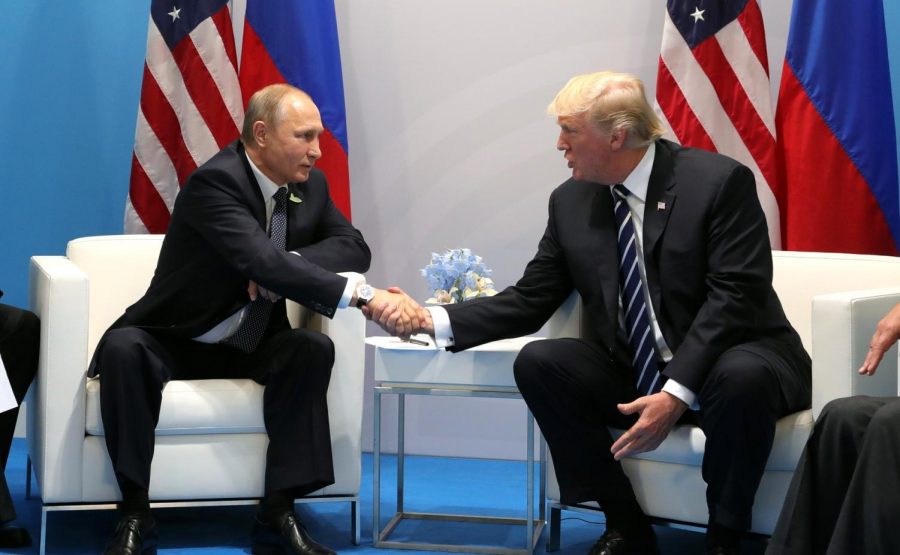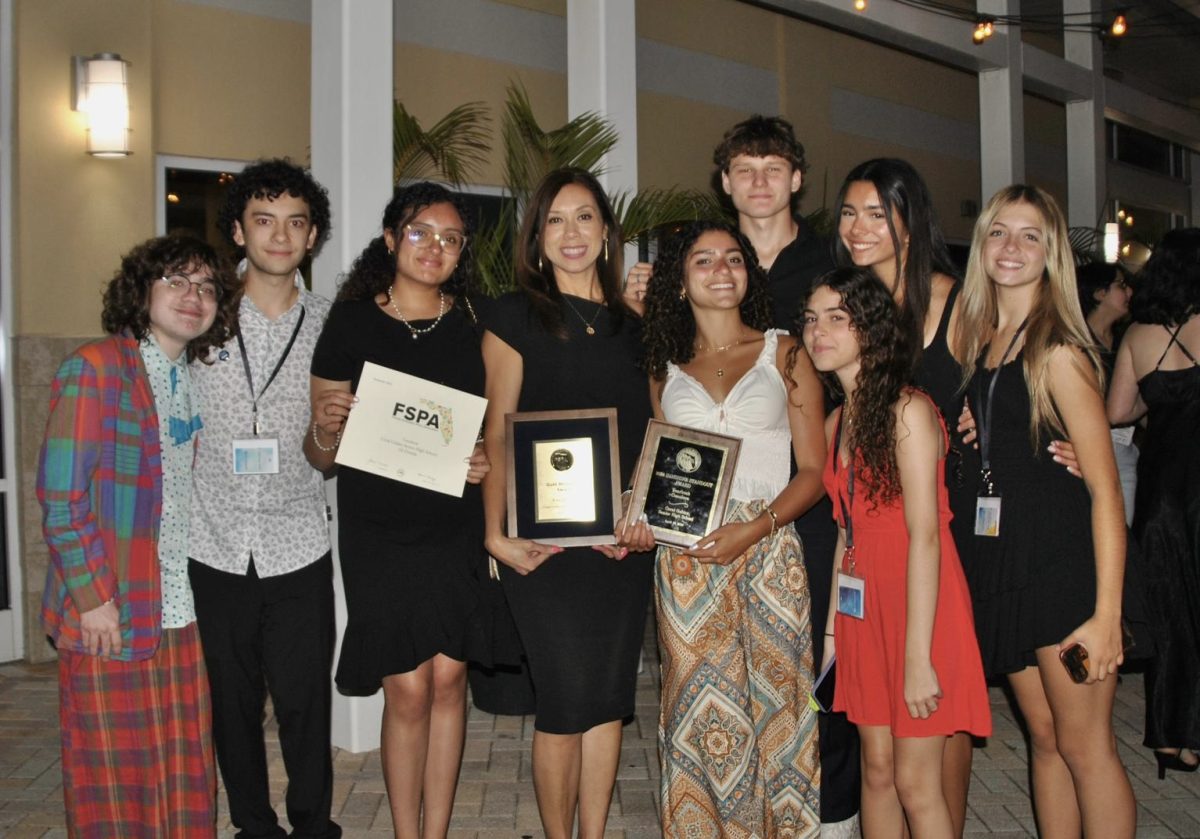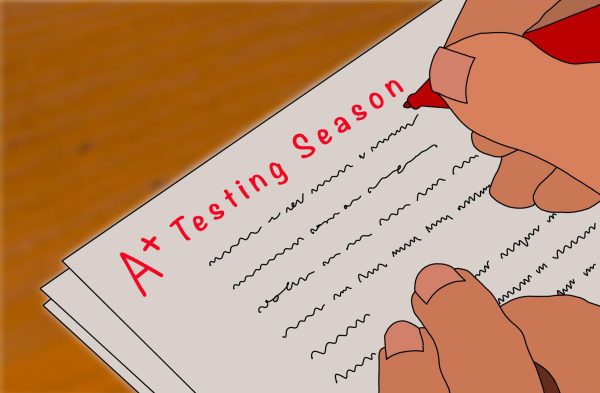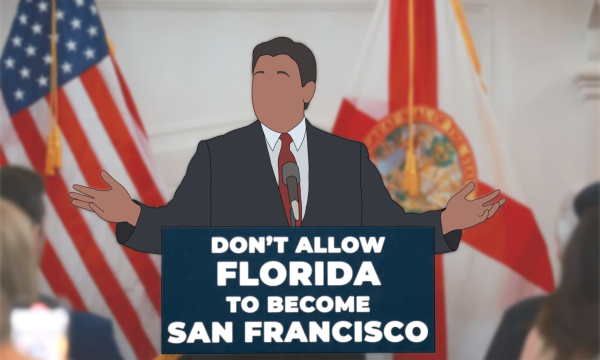America First, Unless Russia is Involved
President Trump assuring Russian President Vladimir Putin that he can continue hacking the US government (probably).
Feb 8, 2018
This week, the White House announced its decision to withhold imposing sanctions on Russia. The sanctions had already been mandated by Congress as a part of the Countering America’s Adversaries Through Sanctions Act (CAATSA), which- spoiler alert- aims to counter America’s adversaries through sanctions. Although the bill addressed North Korea and Iran in addition to Russia, CAATSA was mainly passed to punish Russia for its interference in the 2016 elections, ongoing Ukrainian military operations, annexation of Crimea, and alleged human rights violations. The sanctions target countries who are large purchasers of military defense equipment from blacklisted Russian companies in a effort to negatively impact the Russian economy by cutting another source of revenue.
This decision from the Trump administration is unsurprising when considering Trump’s criticism of CAATSA and his reluctance in signing the legislation last summer. However, the legislation did indeed pass and became item number 1991 on Trump’s list “reasons why Congress gives me a headache.” President Trump has argued that withholding sanctions is necessary in pursuing a “more collaborative diplomacy,” and already knowing that this decision was going to be subject to heavy criticism, the Trump administration was quick to assure the American people that they are safe. They contended that the reason sanctions were not imposed on Russia was because CAATSA’s existence is enough to deter countries from purchasing Russian military defense equipment. Unfortunately, that is not the case.
“The United States needs to send a message to Russia, and withholding sanctions only makes it seem like anything the US says is an empty threat,” senior Catherine Healy said.
With statements like these coming from the White House, one can only imagine that even without the sanctions CAATSA is just so powerful that Moscow has completely changed its behavior and is currently desperately trying to win back the favor of the U.S. government. Although, that same day, C.I.A. Director Mike Pompeo provided the White House with some new information in regards to Russian interference in elections, stating that he has not “seen a significant decrease in their activity.” Unfortunately, Pompeo’s statement is just further proof that Russia could care less about CAATSA, and suggests Russia is actually planning on interfering in 2018 elections the same way it did in 2016. Those who support the White House’s decision often rely on stating that maintaining a positive relationship with Russia is more beneficial to the United States in the long run, and sanctions would actually deter Russia from trying to forge friendly ties with the U.S. However, how are we supposed to trust that Russia will not intervene in future American affairs as America’s “friend” when they already violated the sanctity of American democracy in the midst of this “campaign for friendship?” If the Trump administration is truly focused on putting “America first,” than it should follow through with its plans to sanction Russia in order to effectively send the message that America must be respected.
If the threat of sanctions is powerful enough to deter countries from doing business with Russia, then why is Russia seemingly unaffected by anything? By continuing to interfere in U.S. elections, Russia has made it clear that threats are ineffective. If the United States truly wants to protect American democracy, it must take a firm position and enforce sanctions that have already been mandated.
“While I am kind of relieved that this particular Trump decision is not a call for a nuclear war, I still believe Russia should be punished for messing with US elections,” junior Isabella D’Ottone said.
Trump’s admiration for the Russian president is very well-known, and this makes the situation all the more questionable. The failure of the United States in punishing Russia could simply be to protect and promote past and future US-Russia diplomatic efforts, but for the time being, it just makes the United States look weak. The U.S. needs to live up to its threats and finish with what it started no matter if it was Congress or the President who started it. Until it does, I suggest learning Russian so you can understand the cool new ads for the 2018 elections, courtesy of the Kremlin of course.
[powr-poll id=3ea5c696_1517782100484]
























